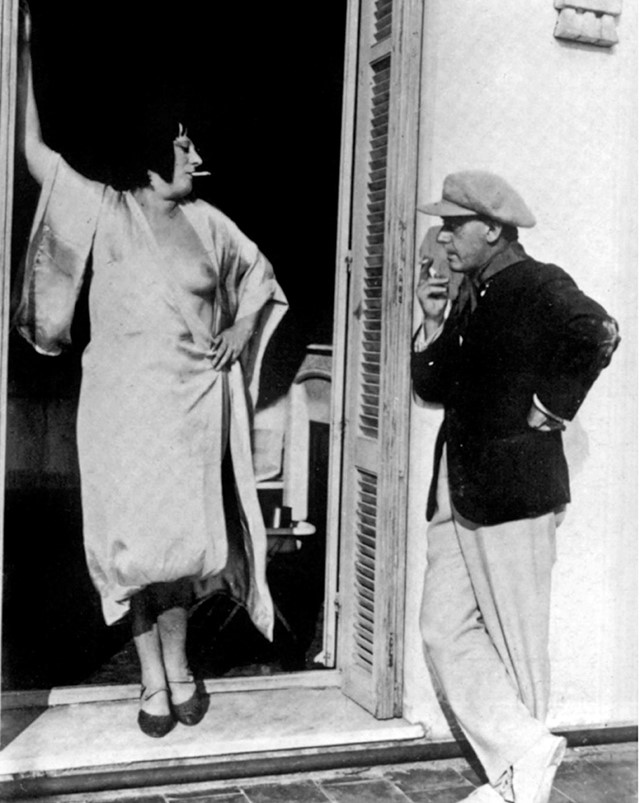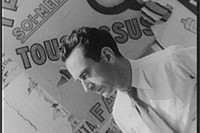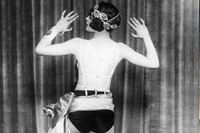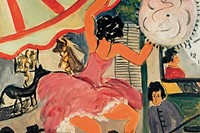A new book by Assouline spotlights the avant-garde muse and style icon, who inspired Man Ray, Modigliani and more
She was the toast of Montparnasse at a time when the popular quarter in the south of Paris welcomed penniless avant-garde artists and bohemian characters. Her raven black garçonne bob, prominent nose and art deco Cupid’s bow made her recognisable to one and all. Kiki de Montparnasse was not particularly beautiful or elegant, but there was something electric about her: “she was very wonderful to look at”, said Hemingway. Soutine, Foujita, Gargallo and of course Man Ray must have agreed with him, for they all asked her to pose for them. But Kiki de Montparnasse was more than just an artist’s model.
Born Alice Ernestine Prin, a healthy country girl brought up by a kindly and unshockable grandmother, Kiki de Montparnasse first arrived in Paris in 1913, aged 12, to work as a baker’s apprentice. However, five years later, the Armistice found her down on her luck, homeless, roaming the streets of Paris and sleeping in a vagabond’s hut behind the Gare Montparnasse. Refusing to become a prostitute (she had an irrational fear of venereal disease) she would go to the Coupole and sit there all da, sipping a six-cent café-crème wearing a black silk hat, her most prized possession. It was there, beneath the mirrors that multiplied the possibilities of seeing and being seen, amid the cigarette smoke and the aromas of Pernod and hot chocolate, that she filched croissants, made scenes and got artists to buy her drinks. She would pose for them in exchange, soon building up friendships with lovely Foujita, dirty Soutine or drunken Modigliani. She didn’t belong to any clique but rather reveled in seducing everyone: surrealists, cubists, futurists, Dadaists; and rubbed elbows with drunken sailors, pimps, boxers and cocaine users on the terraces of the Dôme or the Rotonde. She was famous for her generosity with her tears, with her body, with her laughter, with her money whenever she had any.
"She didn’t belong to any clique but rather reveled in seducing everyone: surrealists, cubists, futurists, Dadaists; and rubbed elbows with drunken sailors, pimps, boxers and cocaine users..."
In 1921 she met Man Ray and reluctantly accepted to pose for him, even though she was weary of photography, especially the “lewd” kind. It was love at first sight. They moved in together to a modern, luxurious building on 31 bis rue Campagne Première. For Kiki de Montparnasse this was a dream come true: perfumed with Guerlain’s L’Heure Bleue, she would entertain in her salon the greatest personalities of her time. Matisse, Picasso, Joyce and Gertrude Stein all dropped in to enjoy her excellent French cooking. She still posed for artists, always remaining silent, never judging their work. She picked up cues from the very people she modeled for and became an accomplished artist, but was devoid of artistic ambition. She could even have been a movie star when, in 1923, Paramount scheduled an appointment for her in New York. But, at the last minute, she decided to go shopping instead. She would rather stay in Paris, a city that was, in the words of Alice B. Toklas, “more beautiful, vital and inextinguishable than ever”; a city where her own life and the creating of her persona would become her works of art.
Paris in the 1920s with Kiki de Montparnasse is out now, published by Assouline.



